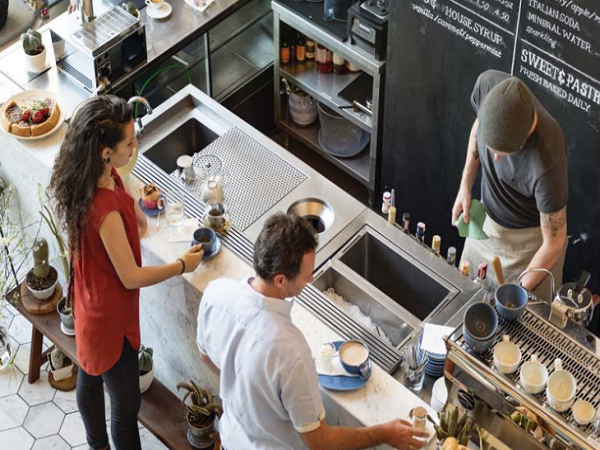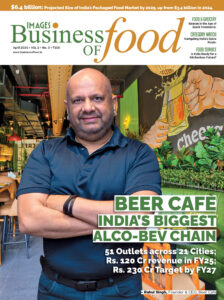Coffee consumption is gaining a foothold among 56% of Indians, particularly women, younger generations, affluent classes, lower-tier city residents, and those in the southern region according to Mintel research. However, coffee’s wider adoption and growth are challenged by its perception as expensive and unhealthy among non-consumers (41% and 29%, respectively) and by tea’s dominance in…




